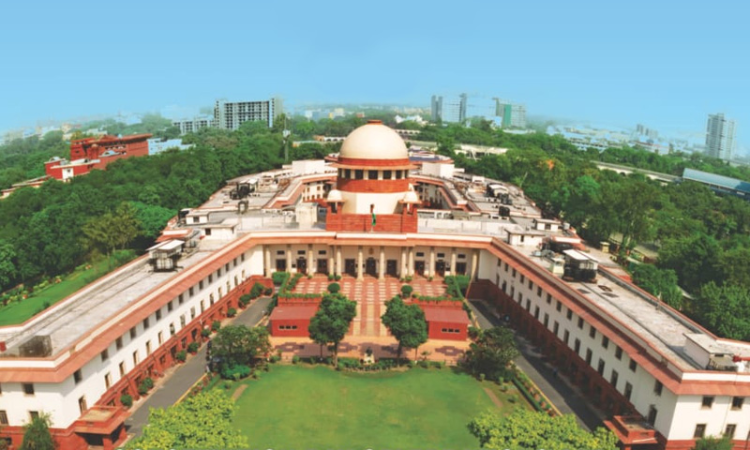Section 34 CPC - Award Of 'Pendente Lite' Interest A Discretionary Remedy : Supreme Court
Rashmi Bagri
5 Jan 2022 2:39 PM IST

Next Story
5 Jan 2022 2:39 PM IST
The Supreme Court has observed that the award of pendente lite interest under Section 34 of the Code of Civil Procedure is a discretionary remedy, which is steeped in "equitable considerations".A bench comprising Justice Hrishikesh Roy and Justice Subhash Reddy, while denying pendente lite interest claimed by the respondent in a delayed bond payment case, observed that although...
